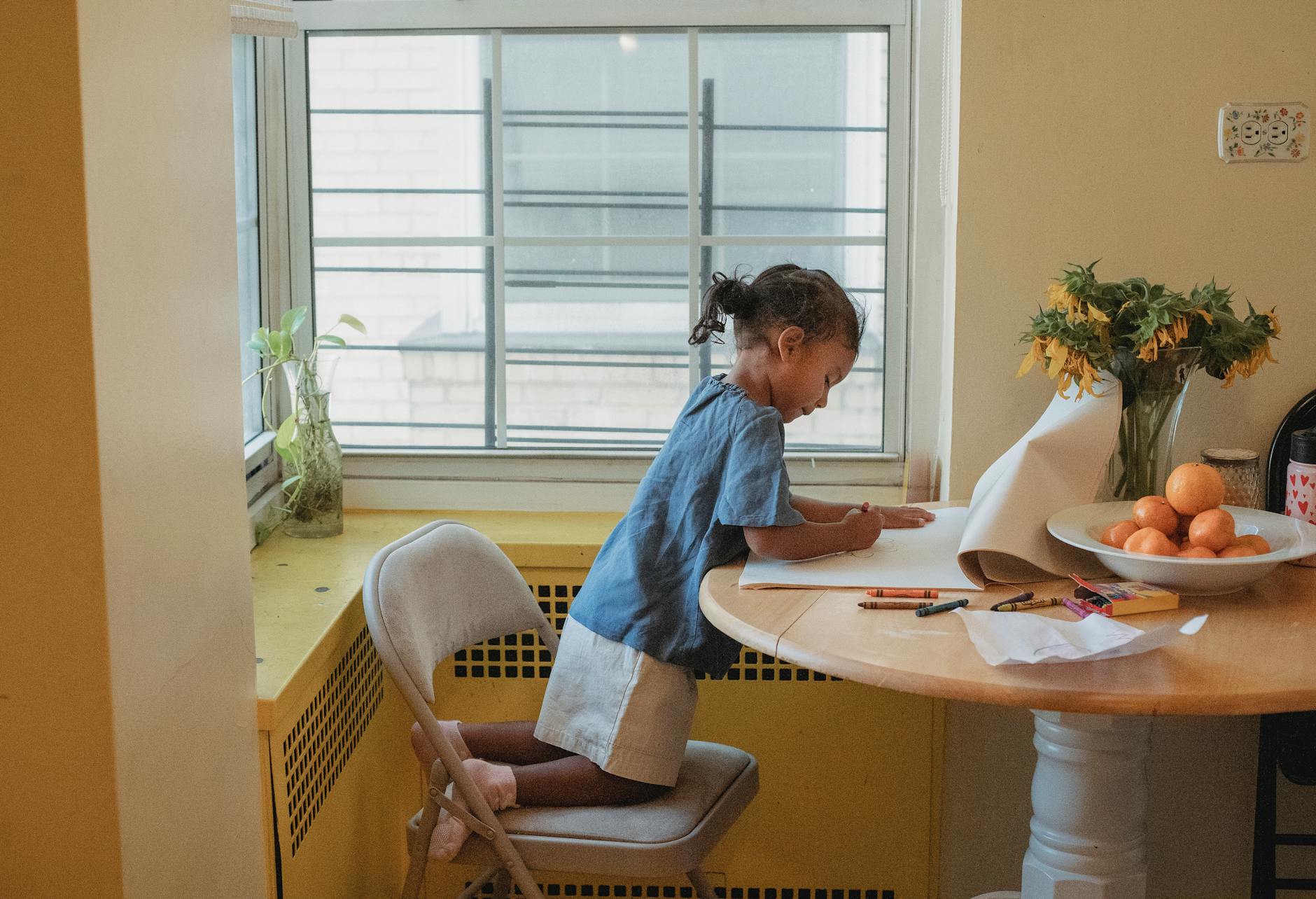How to Find the Best Practical Courses for Early Childhood Educators in Australia

Identify Course Needs
Determining what you need from aged care courses is vital when planning for your professional development. Start by reflecting on your career aspirations. If you aim for a supervisory role, what specific skills or certifications will support this progression? For Lachlan Moore, an aged care support worker from Sydney, bridging the gap between current skills and future goals is a key focus. By understanding the breadth of aged care training available, he can identify which qualifications are most aligned with his objectives.
Next, consider your preferred learning style. Whether it’s through interactive, hands-on experiences or self-paced online modules, understanding how you learn best can make a big difference. For example, as someone who values practical, hands-on learning, Lachlan might find workshops or in-person classes particularly beneficial.
Evaluate your time constraints realistically. Balancing work, family commitments, and studies can be challenging. For Lachlan, who is also supporting his younger sister through university, finding a course with flexible hours is crucial. Aged care courses that offer evening or weekend sessions or even online components can cater to a busy schedule.
Incorporating local resources into your learning journey can be beneficial too. For those based in Brisbane, places like the Queensland Children's Hospital, South Bank educational spaces, and the Gallery of Modern Art (GOMA) can serve as inspiring venues for learning and reflection.
Course Selection Criteria
Accreditation Requirements
Navigating the world of early childhood education can be daunting, especially when it comes to understanding accreditation requirements. Accreditation is a critical factor in course selection, ensuring that the program meets quality standards and is recognised by industry professionals. It's essential to verify that any course you're considering is accredited by a reputable body. This guarantees that the training you receive is both relevant and respected, which becomes beneficial when advancing in your career or furthering your education. With Queensland Children's Hospital nearby, it's crucial that the courses align with high industry standards in Brisbane.
Curriculum Relevance
Evaluating the relevance of a course curriculum is key to your educational journey. The coursework should provide a comprehensive understanding of early childhood education concepts, bringing both theoretical and practical insights into focus. Look for programs that integrate innovative teaching methods, which not only align with current educational practices but also offer hands-on applications. By doing so, you're better equipped to apply what you learn in real-world settings, similar to the dynamic learning environments found at South Bank educational spaces.
Flexibility and Format
Flexibility in a course's format can make all the difference, especially with the busy schedules many face. Programs offering online or hybrid models allow you to balance work, study, and personal commitments effectively. Whether you're opting for weekend workshops or virtual classes, choosing a format that complements your lifestyle is pivotal. Accessible programs make it easier to pursue education without compromising your current responsibilities, positioning you for success in the field of early childhood education.
Research and Resources
Online Platforms and Forums
As someone who's seen the transformative impact of a diploma in early childhood education, I understand the value of leveraging online platforms. Whether you're exploring forums dedicated to modern teaching techniques or browsing resources aligned with your interests, the right platform can make a world of difference. Websites and online communities often host comprehensive discussions about coursework, experiences, and insights from fellow educators. These forums can be pivotal in sharing practical wisdom and innovative ideas that might not yet have made it into textbooks.
Recommendations from Peers
Talking to colleagues or acquaintances in the industry can provide insights into the courses best suited for expanding your educational expertise. Trusted peer recommendations might guide you to programs offering substantial support, mentorship, and relevant learning experiences. If you've ever considered studying while enjoying the serene views near places like the Gallery of Modern Art (GOMA) in Brisbane, knowing which institutions other educators have thrived in could be your next step.
Institution Reputation
An institution's reputation often reflects the quality of its programs. When investigating programs, delve into reviews, alumni testimonials, and the institution's achievements in the field of early childhood education. Reputable institutions typically boast robust curriculums supported by strong faculty members, practical opportunities, and well-equipped facilities. This can make your educational journey both enriching and effective.
Practical Learning Opportunities
Hands-On Workshops
Incorporating hands-on workshops into your learning plan is a game-changer for anyone pursuing child care courses. These workshops, often held in engaging environments like the Queensland Children's Hospital, provide a real-time experience that's crucial for grasping core concepts. They offer an in-depth look into everyday challenges faced by educators, allowing you to practice solutions in a controlled setting. This immersive style of learning not only reinforces theoretical knowledge but also boosts confidence in handling diverse classroom scenarios.
Internship and Practicum Options
Securing an internship or practicum is vital for applying what you learn in a classroom to a real-world setting. These programs are golden opportunities to work alongside seasoned professionals, gaining insights that textbooks cannot provide. You might find yourself working in esteemed institutions, observing student-teacher interactions and administrative operations. This experience is invaluable for building a network of professional contacts and seeing firsthand the impact of various teaching strategies.
Real-World Simulations
Real-world simulations push the boundaries of traditional learning. Simulated environments mirror real-life settings, enabling young educators to make decisions and solve problems without the repercussions of the outside world. Here, technology and innovation come into play, offering scenarios that demand quick thinking and adaptability. These simulations are perfect for experimenting with unique teaching methods and adjusting styles to suit different learning needs. Investing time in these practical experiences not only enriches your career but also ensures you're prepared to make a meaningful impact in the field of early childhood education.
Avoiding Key Mistakes in Educational Course Selection
Overlooking Accreditation
Failing to verify the accreditation of a course is a common oversight among enthusiastic educators embarking on their professional journey. In Queensland, for instance, aligning with accredited programs ensures that the credentials you earn will be recognised across Australia. This recognition is crucial when applying to esteemed institutions like Queensland Children's Hospital, which consistently values accredited qualifications. Course accreditation not only solidifies your standing but also enriches your learning experience with industry standards, ensuring that your educational investment yields tangible career dividends.
Neglecting Real-World Experience
Engaging in practical learning elements like hands-on workshops, internships, and real-world simulations offered at places like South Bank's educational spaces or Brisbane's Gallery of Modern Art (GOMA) can profoundly enhance your understanding. Overlooking these components can severely limit your ability to apply theoretical knowledge in real educational settings. It’s through these immersive experiences that you refine your skills, gaining insights into classroom management and interactive learning styles that are directly applicable to your future role as an educator.
Underestimating Time Commitment
Lastly, misjudging the time commitment required for professional development can be a major pitfall. While balancing coursework with internships, one might underestimate the dedication needed to maintain a positive work-life balance, potentially leading to burnout. As an educator driven by a passion for child development, it's essential to plan your schedule meticulously, allowing ample time for each aspect of your educational journey. This foresight fosters a more enriching and sustainable learning experience.


